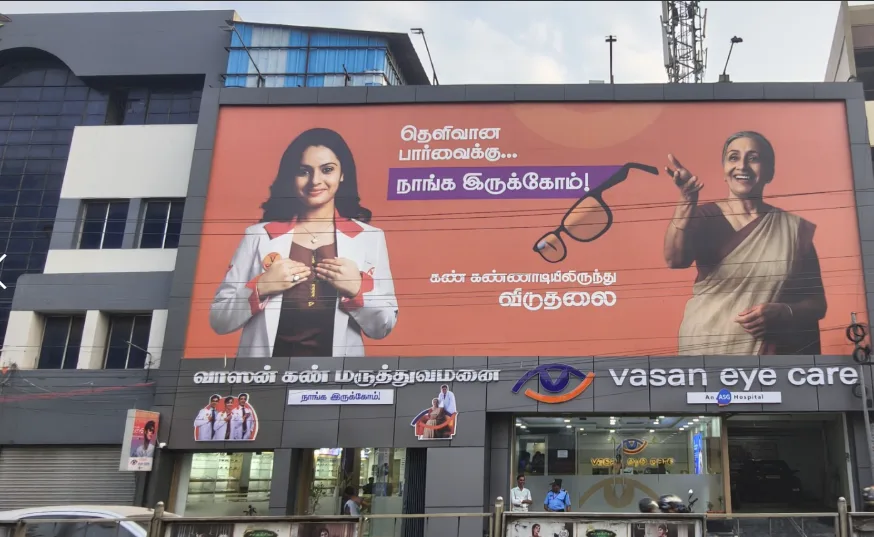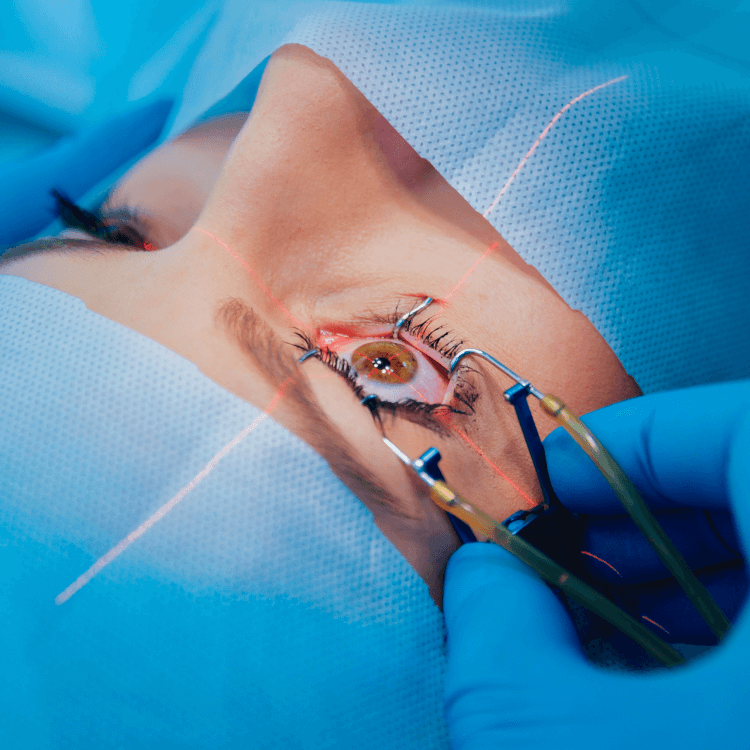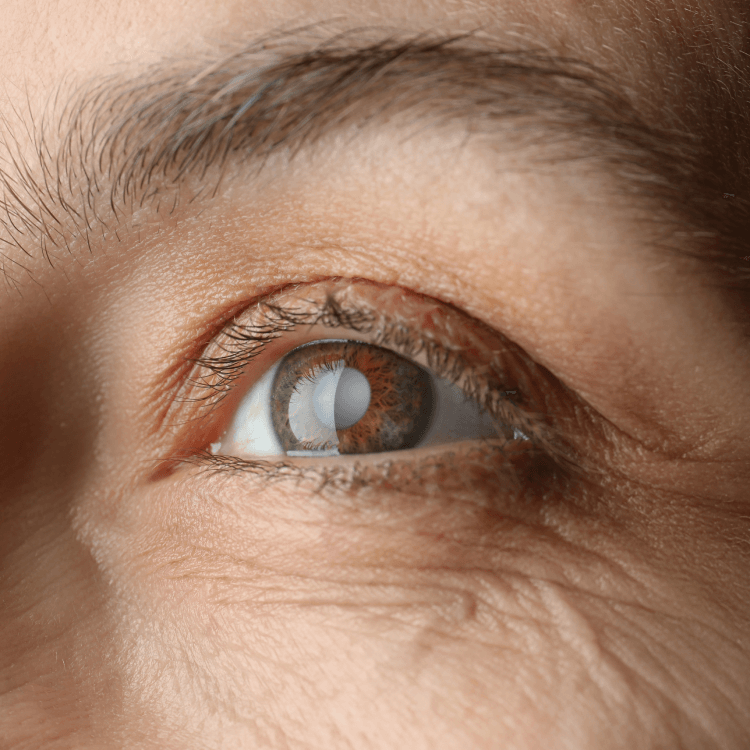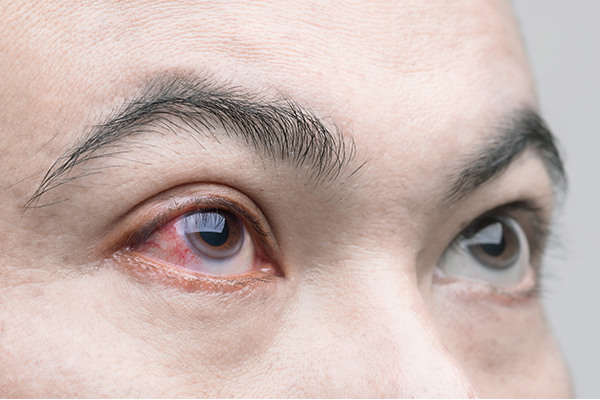
Uveitis
What is Uveitis?
Uveitis refers to eye inflammation that affects the middle layer of tissue in the eye wall. It can affect one or both eyes.
Symptoms
Common symptoms of Uveitis


Eye pain

Light sensitivity
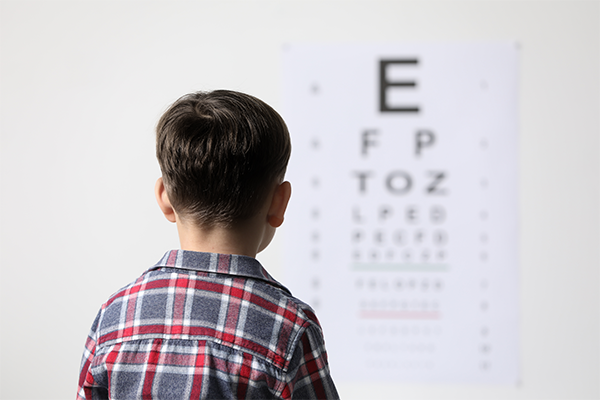
Blurry vision

Dark, floating spots in your field of vision (floaters)

Decreased vision
Treatments available
Here’s how our experts treat Uveitis
Treating Uveitis is generally a stress-free procedure. However, some cases may need surgery.
Eye Drops
Prescription eye drops are commonly used for treatment.
Pills
Steroids may be prescribed orally as medication.
Injections
Steroids can also be administered through injections in or around the eye.
Implants
Surgery may be recommended to implant a device called an implant, providing a controlled release of steroids over time.
FAQs
Uveitis can be caused by infection, injury, or autoimmune/inflammatory diseases. Sometimes, the cause is unknown. It’s a serious condition that can result in permanent vision loss. Getting diagnosed and treated early is crucial to avoid complications and protect your vision.
Processed and fried foods can worsen inflammation. Diets with lots of refined sugars may also increase inflammation and make uveitis symptoms worse.
Uveitis is a severe eye condition that can lead to significant vision loss due to inflammation, which can damage important eye tissues. While it’s rare, Uveitis can cause blindness.
Other Diseases
Know more about other Eye Diseases
Congenital Glaucoma
Congenital Glaucoma is a rare genetic eye condition that affects children at birth causing abnormally high eye pressure.
Diabetic Retinopathy
Diabetic Retinopathy happens when high blood sugar levels damage the retinal blood vessels. In the early stages of Diabetic Retinopathy, symptoms may not be noticeable.
Glaucoma
Glaucoma is a group of eye conditions that affect the optic nerve after elevated eye pressure which may cause blindness.


